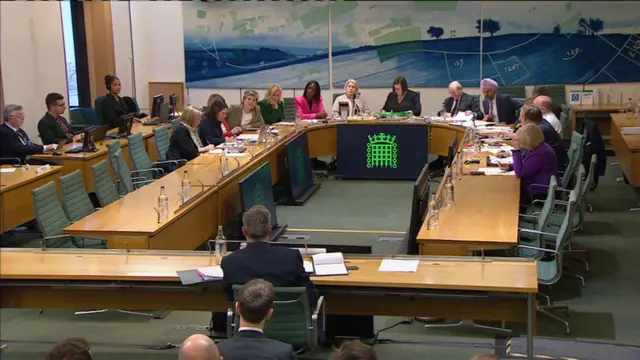
Starmer asked some difficult questions at first long liaison sessionpublished at 16:40 GMT 19 December 2024
 Iain Watson
Iain Watson
Political correspondent
Keir Starmer does not end the long liaison session on a reflective mood.
He was asked by Dame Meg Hillier what he'd learned in Downing Street, and what advice he'd give to his former self.
It's a polite way of mention the brickbats and buffeting his government has suffered in its five months in power.
But he stuck with the security of blaming the difficult "inheritance" from the last government.
That certainly carries him so far, but as Christmas approaches it is striking how far from festive the mood is amongst some Labour MPs who didn't start out as his critics.
He survived the 90 minute session without making errors, changing – or even hinting at changing – policies, or committing hostages to fortune.
The MPs - even from his own party - asked some difficult questions, though they may not always have received the answers they'd hoped for.

